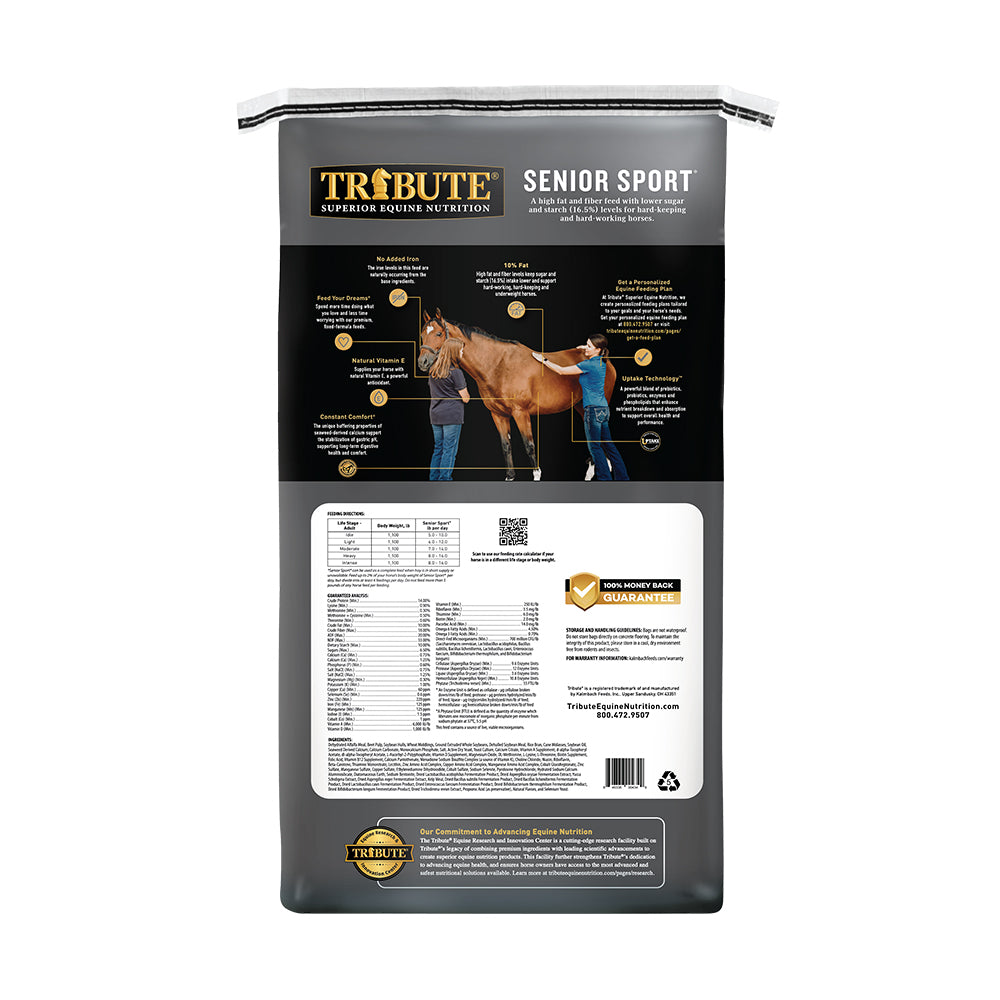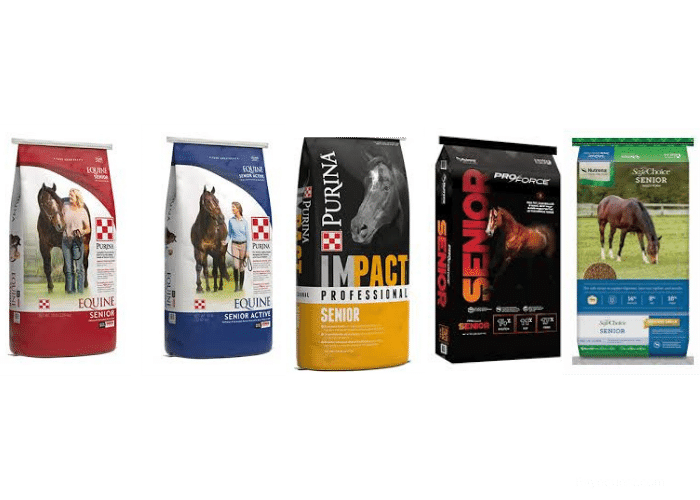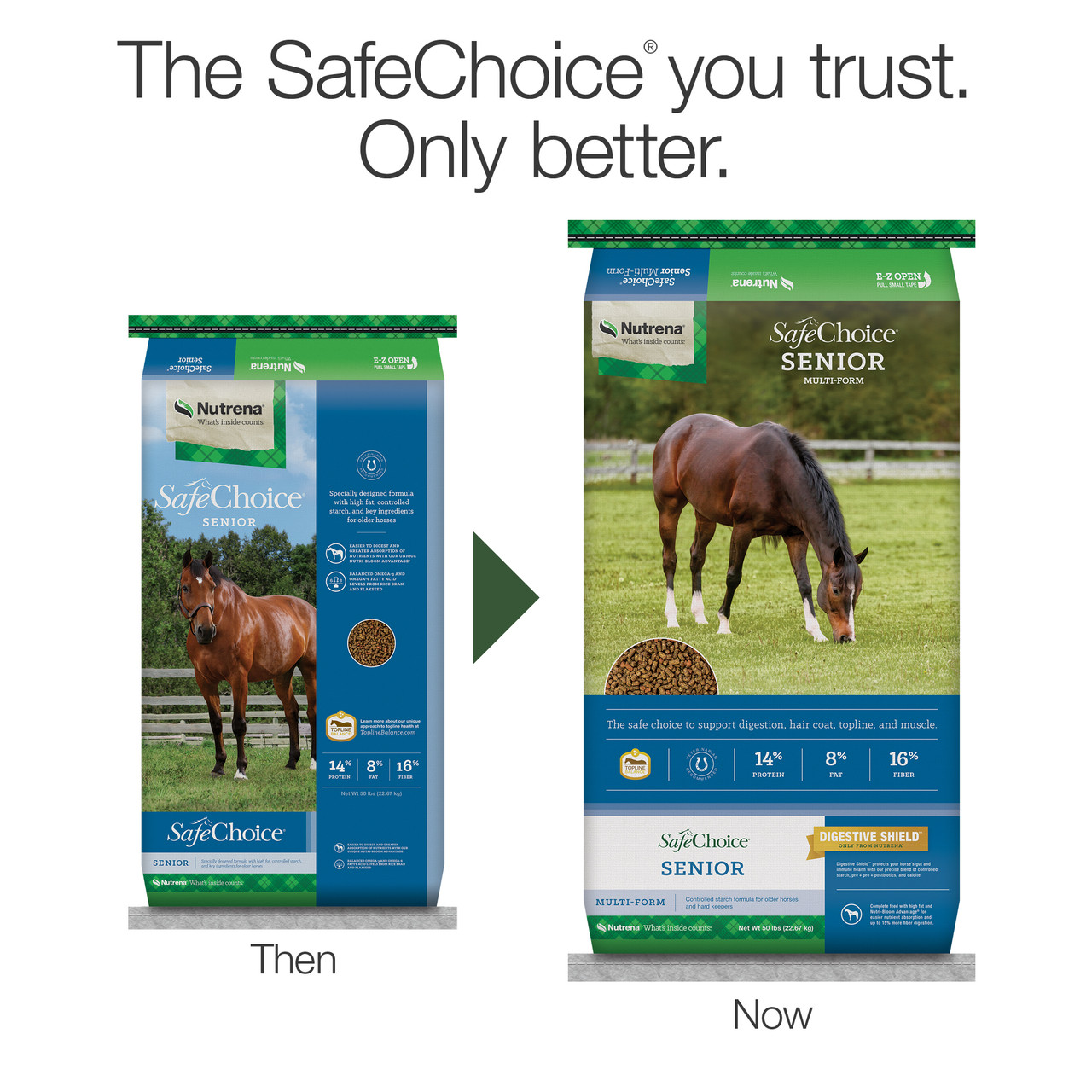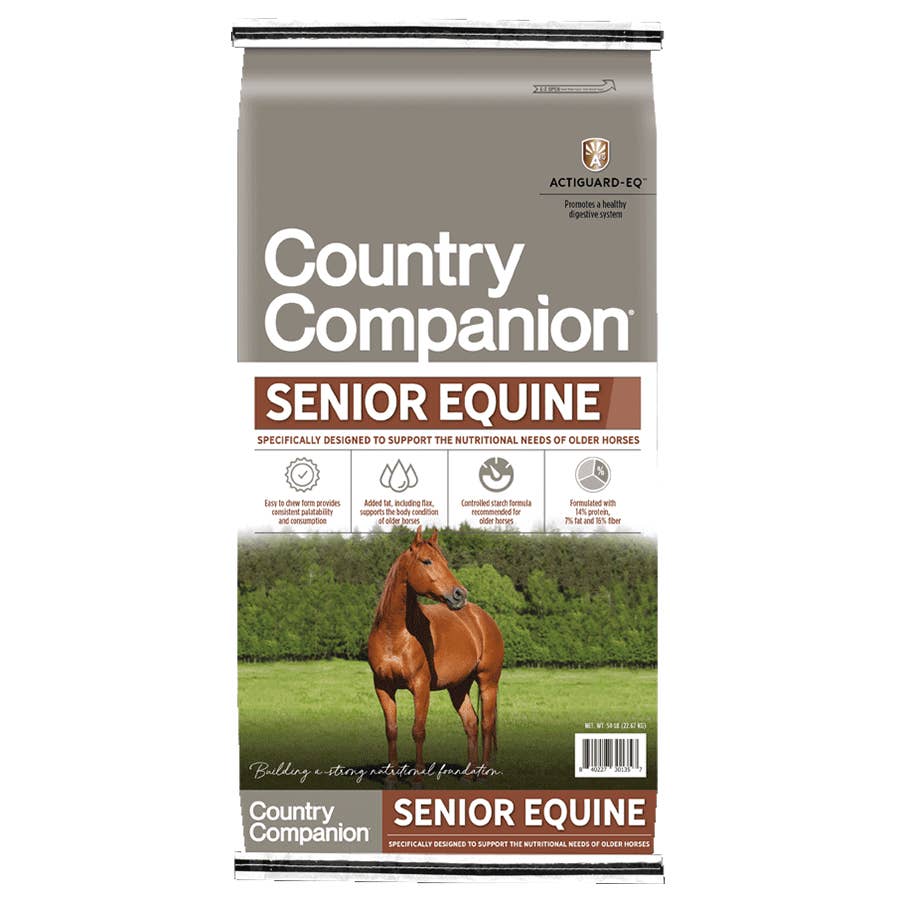Senior Horse Nutrition: Special Dietary Needs

As horses age, their nutritional requirements change significantly. Senior horses often face challenges such as decreased digestive efficiency, dental issues, and altered metabolism, all of which necessitate a tailored diet to maintain their health and vitality. This article explores the special dietary needs of senior horses and offers practical guidance for horse owners.
Understanding the Nutritional Changes in Senior Horses

Digestive Efficiency Declines

Older horses typically experience a reduction in digestive efficiency. Their ability to break down fibrous feeds diminishes, which can lead to poor nutrient absorption. This makes it essential to provide easily digestible feeds that meet their energy and nutrient needs without causing digestive upset.
Dental Health Issues
Dental problems are common in senior horses, including worn or missing teeth, which can impair their ability to chew fibrous forage properly. This often results in weight loss and poor body condition if not addressed through diet modifications.
Metabolic Changes
Metabolism slows down with age, affecting how senior horses utilize nutrients. They may require diets lower in non-structural carbohydrates to prevent insulin resistance and other metabolic disorders.
Key Nutritional Components for Senior Horses
| Nutrient | Importance | Sources and Tips |
|---|---|---|
| Protein | Supports muscle maintenance and repair | High-quality protein from alfalfa, soybean meal, or commercial senior feeds |
| Fiber | Essential for gut health and digestion | Easily digestible fiber like beet pulp or soaked hay cubes |
| Fat | Provides concentrated energy without excess bulk | Vegetable oils, rice bran, or flaxseed oil |
| Vitamins & Minerals | Support immune function and bone health | Balanced mineral supplements, salt blocks, and fortified feeds |
Practical Feeding Strategies
- Feed Small, Frequent Meals: Helps improve digestion and nutrient absorption.
- Use Senior-Specific Feeds: These are formulated to be nutrient-dense and easy to chew.
- Soften Forage: Soaking hay or using hay cubes can help horses with dental issues.
- Monitor Body Condition: Regularly assess weight and adjust feed accordingly.
Common Challenges and Solutions
| Challenge | Solution |
|---|---|
| Weight Loss | Increase energy density with fats and senior feeds; consult a vet for underlying issues |
| Dental Problems | Provide soaked or pelleted feeds; regular dental check-ups |
| Metabolic Disorders | Limit sugars and starches; incorporate low glycemic index feeds |
Frequently Asked Questions (FAQ)
Q1: How can I tell if my senior horse is not getting enough nutrients?
A1: Signs include weight loss, dull coat, lethargy, and poor muscle tone. Regular body condition scoring and veterinary check-ups are essential.
Q2: Can senior horses eat the same hay as younger horses?
A2: While they can eat similar hay, senior horses may need it soaked or chopped to aid chewing and digestion.
Q3: Are supplements necessary for senior horses?
A3: Supplements can help address specific deficiencies, especially in vitamins, minerals, and joint support, but should be used under veterinary guidance.
Conclusion
Proper nutrition is vital for maintaining the health and quality of life of senior horses. By understanding their unique dietary needs and implementing appropriate feeding strategies, owners can help their aging horses stay strong, comfortable, and active.
Would you like me to help refine the tone to be more conversational or add more scientific references?
